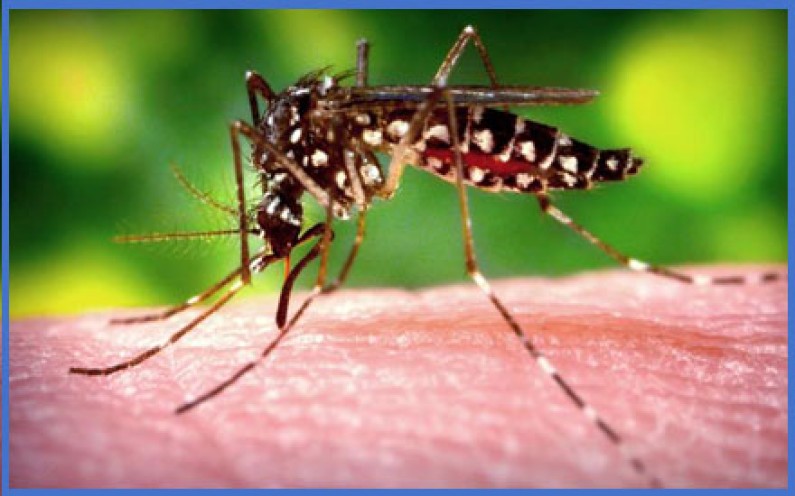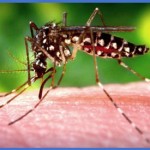
Health Minister Dr Bheri Ramsaran has disclosed that there are 12 more confirmed cases of the mosquito- borne disease, chikungunya.
Dr. Ramsaran told the Government Information Agency (GINA) that some results from samples sent recently for testing at the Caribbean Public Health Agency (CARPHA) in Trinidad and Tobago were received today, and that Dr. Morris Edwards, epidemiologist is analysing the data.
Prior to the new cases, there were 19 confirmed cases, all from the Canje, Berbice area, Region Six..
Chikungunya is an arthropod-borne virus that is transmitted to humans by the Aedes Egypti mosquito.
While Guyana has the facility in the form of the National Public Health Reference Laboratory which is equipped, it doesn’t have staff trained to conduct tests for chikungunya, hence the samples have to be sent to Trinidad and Tobago for testing.
The Minister also revealed that the Health Ministry has secured training for a National Public Health Laboratory biomedical technologist in Atlanta, USA. That person will among other things, be trained in laboratory diagnostics for chikungunya.
Minister Ramsaran had approached the Centre for Disease Control (CDC) a few weeks ago, seeking to access training for a staff of the lab.
Guyana recorded it first cases in late May, a toddler and a woman in her forties, both from the Canje area. Immediately, the Ministry’s vector control services went into action, conducting extensive fogging of the area.
Minister Ramsaran said, public health measures are still ongoing to rid communities of mosquitoes, including indoor fogging.
Chikungunya can result in some long-term effects primarily joint pains. It usually causes moderate to severe illness. Depending on an individual’s body reaction after the incubation period, persons may experience pain even after seeking medical attention. This period can last from two to six days with symptoms lasting four to seven days after infection.
Individuals experiencing any such symptoms are asked to visit a health facility as soon as possible.
Individuals are also asked to remove all containers that may retain water and breed mosquitoes and to keep their surroundings clean.
Information provided by the CDC states that up to June 27, 2014, local transmission had been identified in 22 countries or territories in the Caribbean, Central America, or South America. A total of 259,723 suspected and 4,721 laboratory-confirmed chikungunya cases had been reported from these areas.
The disease arrived in the Caribbean in December last year. Countries and territories in the Americas where chikungunya cases have been reported are: Anguilla, Antigua and Barbuda, British Virgin Islands, Dominica, Dominican Republic, El Salvador, French Guiana, Grenada, Guadeloupe, Guyana, Haiti, Martinique, Puerto Rico, Saint Barthelemy, Saint Kitts and Nevis, Saint Lucia, Saint Martin, Saint Vincent and the Grenadines, Sint Maarten, Suriname, Turks and Caicos Islands, and US Virgin Islands.










You must be logged in to post a comment Login